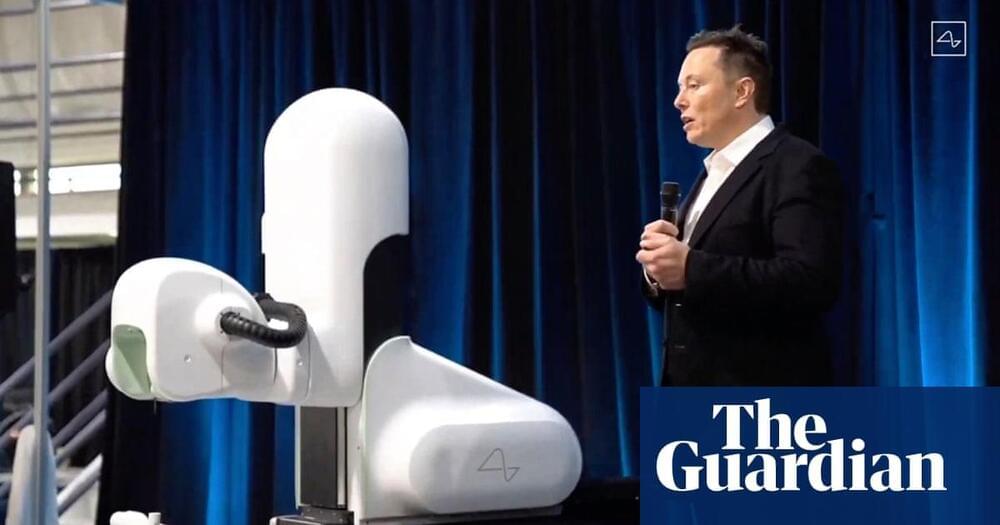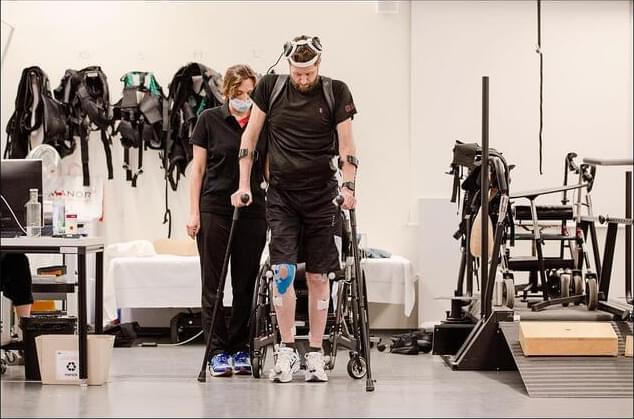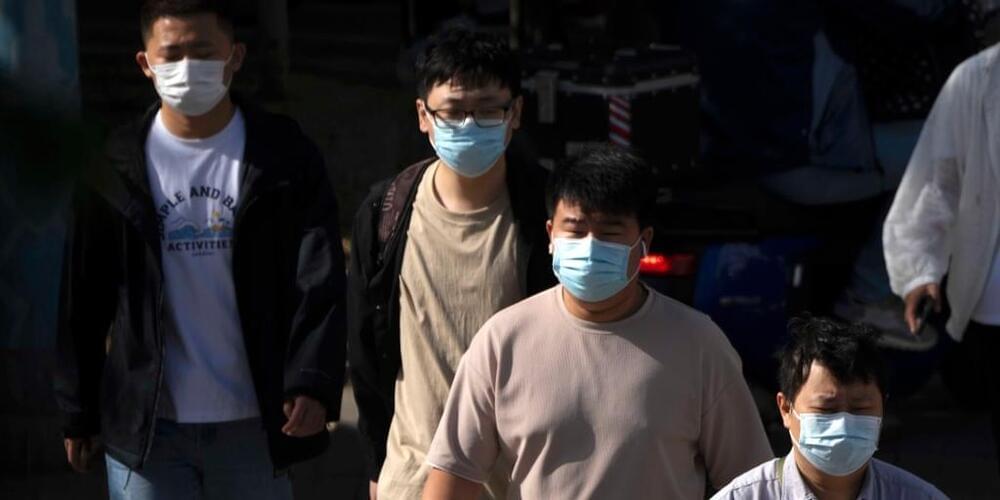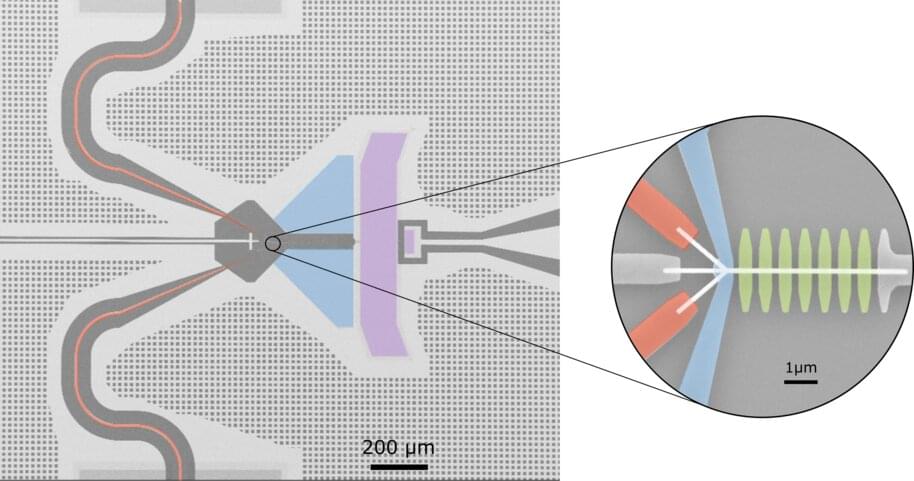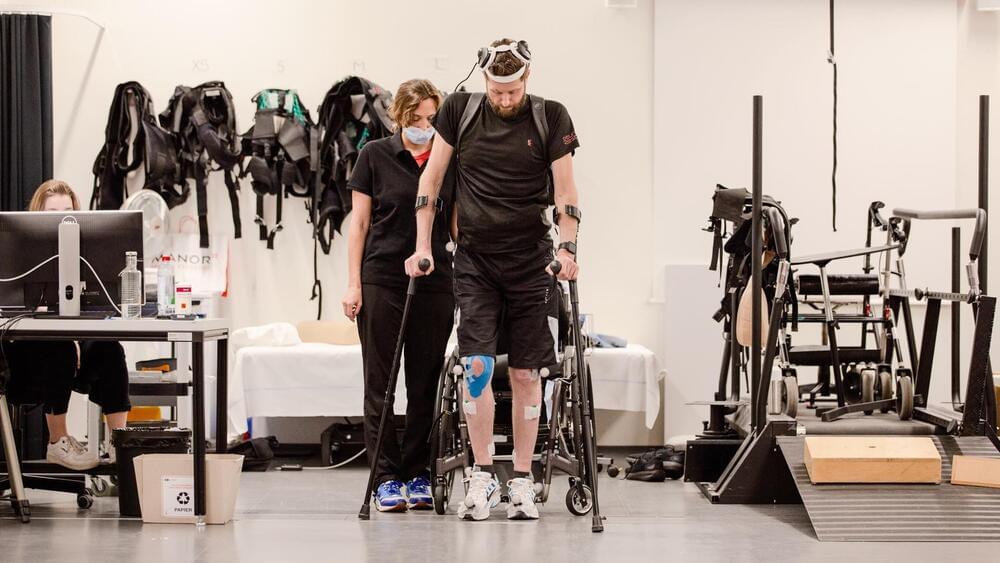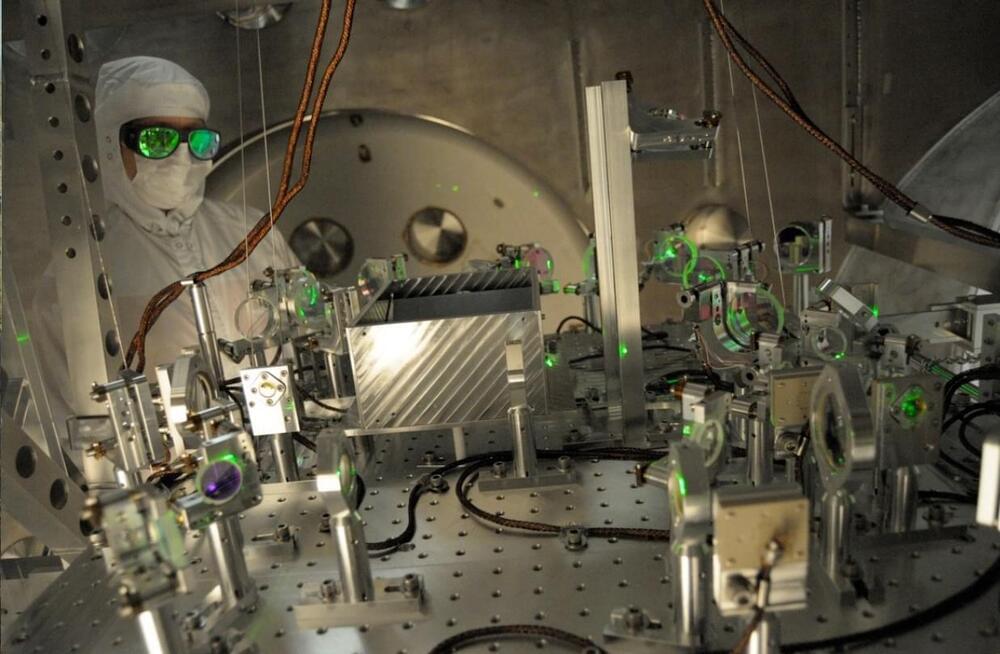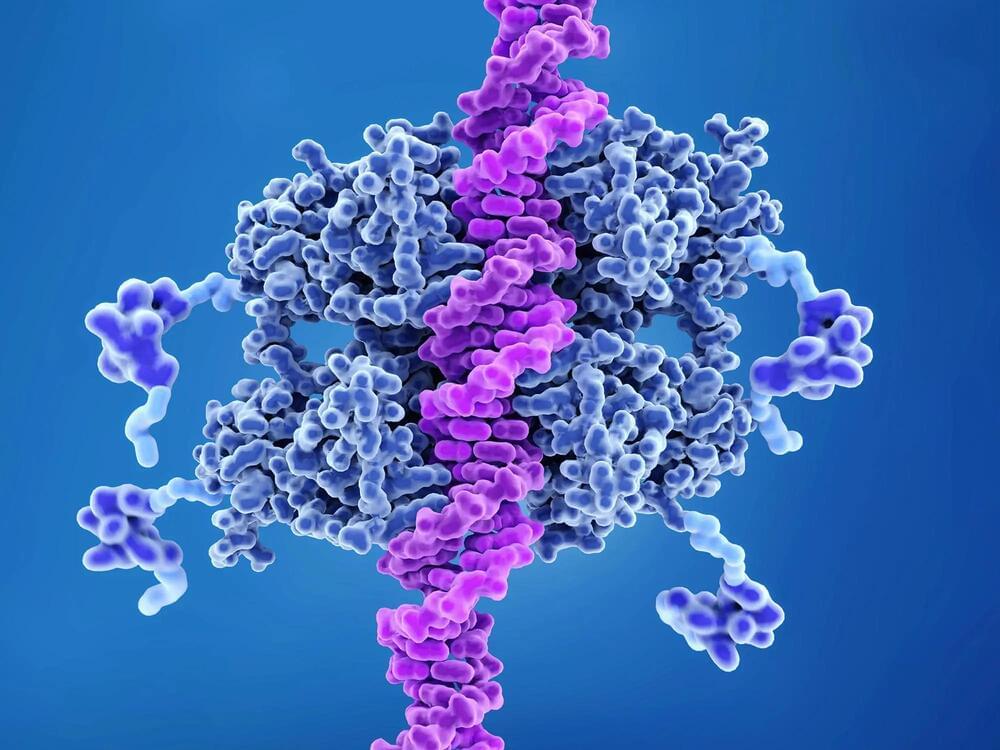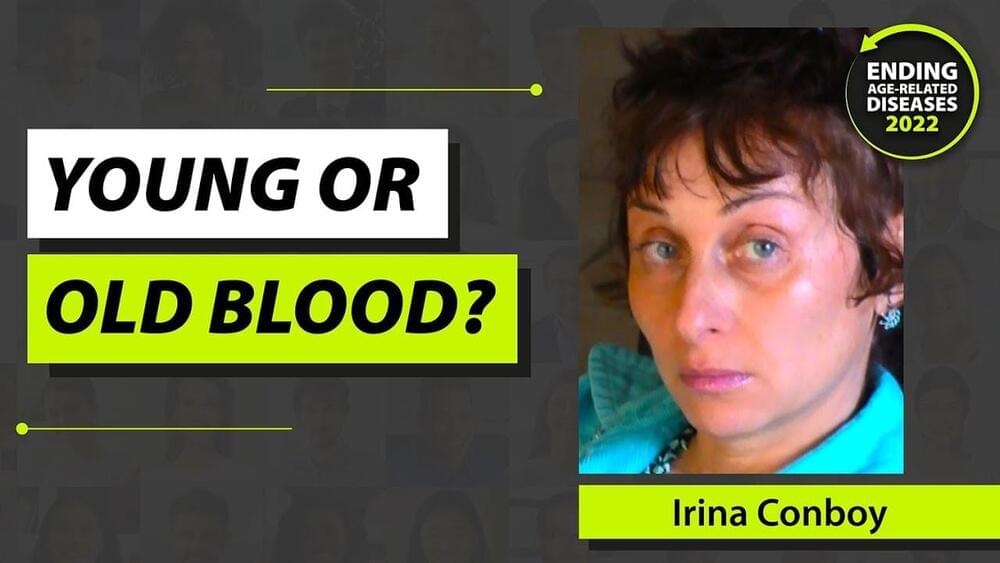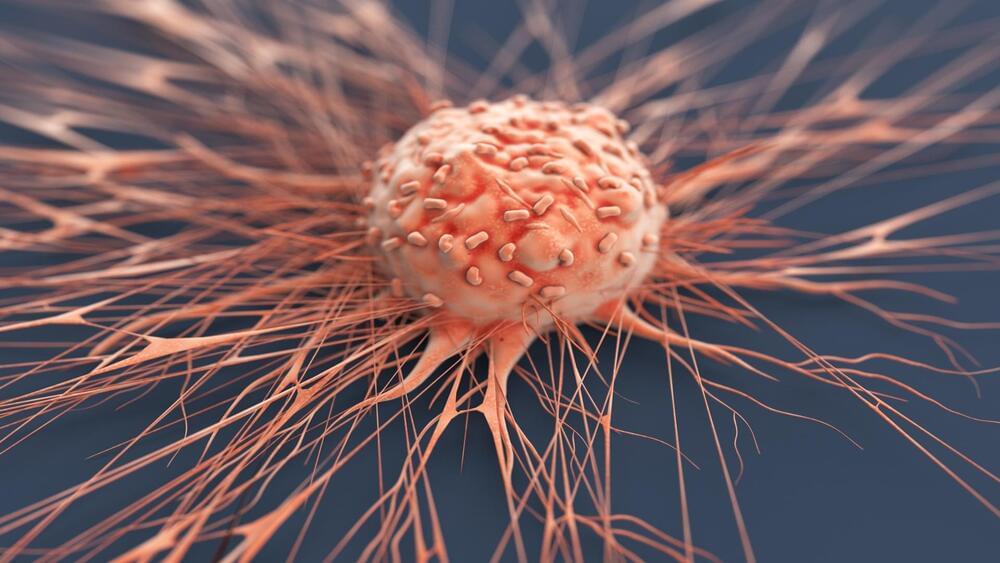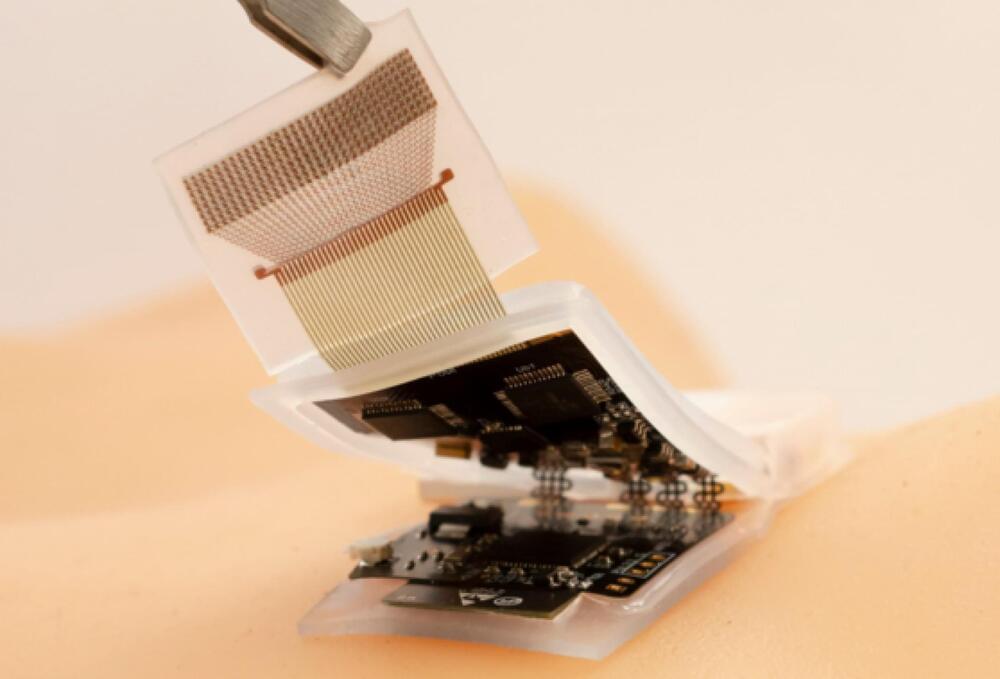May 26, 2023
Elon Musk’s brain implant company Neuralink approved for in-human study
Posted by Quinn Sena in categories: biotech/medical, Elon Musk, neuroscience
😗😁
Neuralink, Elon Musk’s brain-implant company, said on Thursday it had received a green light from the US Food and Drug Administration (FDA) to kickstart its first in-human clinical study, a critical milestone after earlier struggles to gain approval.
Musk has predicted on at least four occasions since 2019 that his medical device company would begin human trials for a brain implant to treat severe conditions such as paralysis and blindness.
Continue reading “Elon Musk’s brain implant company Neuralink approved for in-human study” »
